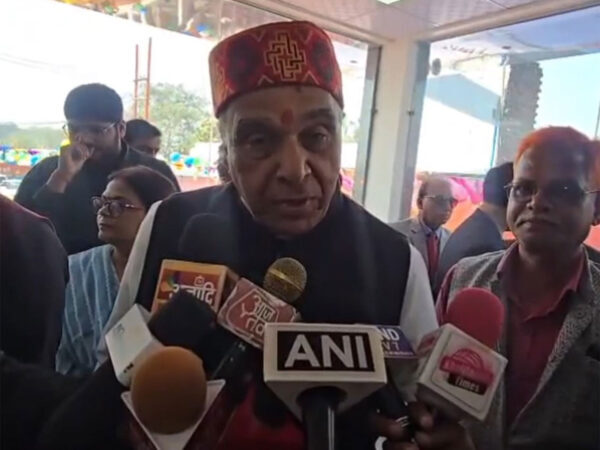
SC Nixes Electoral Bond Scheme As Violative Of RTI, Article 19 (1)A
A five-judge bench of Chief Justice of Inda DY Chandrachud, Justices Sanjiv Khanna, BR Gavai, JB Pardiwala and Manoj Misra delivered a unanimous verdict on Thursday, striking down the Electoral Bonds scheme as unconstitutional
The bench was ruling on a batch of pleas challenging the legal validity of the Central government’s Electoral Bonds Scheme, which allows for anonymous funding to political parties.
At the start of the judgement, CJI Chandrachud said there are two opinions, one by himself and another by Justice Sanjiv Khanna and both arrive at same conclusion.
The bench said that the petitions raised two main issues; whether amendments are violative of right to information under Article 19(1)(a) and whether unlimited corporate funding violated free and fair elections.
The CJI while reading out his judgement said that the Supreme Court holds that anonymous electoral bonds are violative of Right to Information and Article 19(1)(a).
The Supreme Court said that information about corporate contributors through Electoral Bonds must be disclosed as the donations by companies are purely for quid pro quo purposes.
The court held that amendments in the Companies Act permitting unlimited political contributions by companies is arbitrary and unconstitutional.
The Supreme Court said infringement to the Right to Information is not justified for the purpose of curbing black money.
The Apex Court ordered banks to forthwith stop issuing Electoral Bonds and that the State Bank of India (SBI) shall furnish the details of Electoral Bonds encashed by the political parties. The court said that SBI should submit the details to the Election Commisison of India and ECI shall publish these details on the website.
A five-judge Constitution bench headed by Chief Justice Chandrachud had on November 2 last year reserved its verdict in the matter.
The scheme, which was notified by the government on January 2, 2018, was pitched as an alternative to cash donations made to political parties as part of efforts to bring in transparency in political funding.
According to the provisions of the scheme, only the political parties registered under Section 29A of the Representation of the People Act, 1951 and which secured not less than 1 per cent of the votes polled in the last elections to the Lok Sabha or a state legislative assembly are eligible to receive electoral bonds.
An Electoral Bond is an instrument in the nature of a promissory note or bearer bond which can be purchased by any individual, company, firm or association of persons provided the person or body is a citizen of India or incorporated or established in India.
The bonds are issued specifically for the purpose of contribution of funds to political parties. The Centre in an affidavit had said that the methodology of the Electoral Bonds scheme are “completely transparent” mode of political funding and it is impossible to get black money or unaccounted money.
Various petitions had been pending before the top court challenging amendments made to different statutes through Finance Act 2017 and Finance Act 2016 on the ground that they have opened doors to unlimited, unchecked funding of political parties. (ANI)
For more details visit us: https://lokmarg.com/



